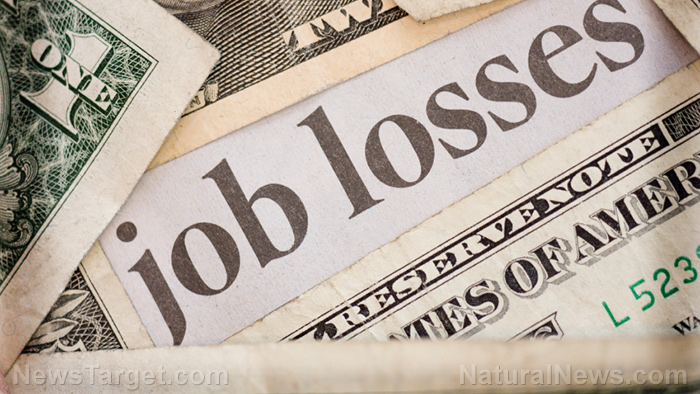
With false stories becoming easier to spread across social media, Facebook has sworn to tackle the problem the head on. Despite this, fake adverts plastered with famous public figures continue to proliferate the site, with one egregious case inviting users to read on the supposed death of Queen Elizabeth II. The enduring prevalence of such adverts have brought on accusations of hypocrisy, as Facebook earns money from the very same paid-for hoax ads they've promised to crack down on.
According to the DailyMail.co.uk, hoaxers can pay as little as 13 Pence Sterling (or 17 American cents) a click for fake ads under the “sponsored” column. Ads on this part of the site are difficult to block or flag as false since Facebook users need to hover their cursors over the post to remove it. “The Queen Has Died” hoax was one such “sponsored” ad. Users who clicked the ad would be taken to a web page that urged them to call a phone number or risk a computer virus; the web page and phone number have since been flagged as a scam in online forums.
“We take immediate action when we discover advertisers attempting to serve misleading links to people. In these cases, the advertisers maliciously circumvented our advertising review process,” said a spokesman for the company. “In subsequent reviews we identified the advertisers and disabled their ads and account. We work constantly to reduce any type of misinformation on the platform and will continue to improve our systems.”
Other users are less than convinced that Facebook will be able to put a stop to fake ads. As professor Jeff Jarvis, director of the Tow-Knight Center for entrepreneurial journalism at the City University of New York, stated: “The problem is that the spammers and the fraudsters are always a step ahead, and clearly this is a problem. All the attention lately has been on the fake news that gets circulated for free, but there's also the problem of that which is paid.” (Related: Facebook uses YOUR face to promote products to other users)
Indeed, rather than implementing a rigorous screening process for their advertising network, Facebook uses an automated system instead. All it takes is a small payment to promote any type of content to Facebook's user base of almost two billion. It's also worth nothing that the majority of Facebook's revenue is from advertising, well over 80 percent in fact. In 2013 alone, Facebook's annual revenue rose to $7.8 billion, and most of that was because of advertising. Is it really surprising then that false ads are still all over the site?
Not one bit. It's just a matter of time before yet another Facebook scandal related to false ads or fake news pops up. And rather than taking care of the problem like they promised, Facebook will simply sweep things under the rug and wait for the general public to forget all about it.
Visit Censored.news for other stories about the fake news being peddled about.
Sources include:
Please contact us for more information.





















